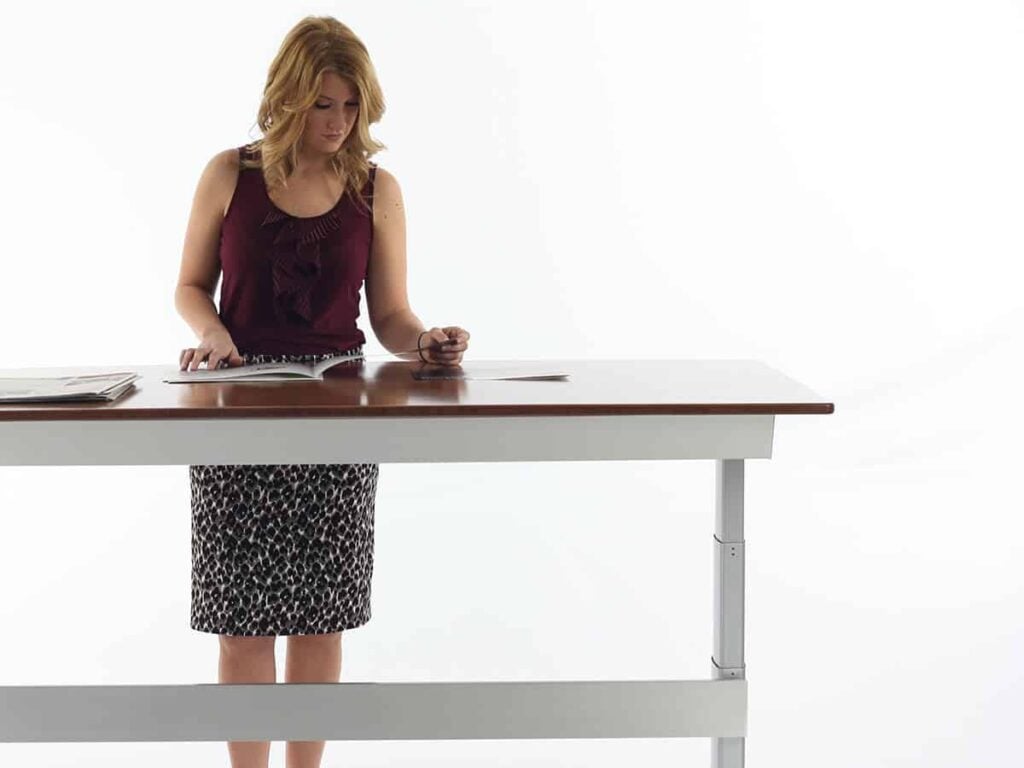
Joe Andrew* – With 19,000 employees in 183 offices in 75 countries, most working remotely, I keep being asked when we are going back to the office. With offices in every pandemic hot spot in the world — from Wuhan to Milan — let alone places with reputations of managing the crisis, like Singapore or Seoul, we have learned that no matter what is allowed, people do not go quickly or easily back to the office.
What most people who ask the question are missing is that the concept of “going to the office” is intrinsically entwined with income inequality and the unequal risks many are taking. If you are in manufacturing, you go to the factory. If you are on the front line of battling the pandemic, you work in the hospital, the fire station or the police station. If you are working in retail you used to go to work in the store, and now you go to the warehouse and hand things off to the delivery service at a facility or a post office. Those who we depend on go to work at a grocery store, a farm, a pharmacy or a hundred other places that are not called an office.
Lawyers, bankers, accountants, consultants, executives of all types, all are wondering when they and others like them might “go back to the office,” as if the answer will come by government edict and the only variable is timing. But, in reality, the answer is, it’s not going to happen — at least not as we once knew it — no matter what any government official says.
For the foreseeable future, the world is going to be even more divided between those who have to go into their place of work and those who have the luxury of continuing to work from home.
In most parts of the country, most professionals have the luxury of not going back to the office until a vaccine is invented, tested, made widely available and then actually given to the vast majority of the population of the country, if not the world. Scientists and public health experts tell us those benchmarks will not be met in 2020.
For the foreseeable future, the world is going to be even more divided between those who have to go into their place of work and those who have the luxury of continuing to work from home. The literal distance between the haves and the have nots is likely going to grow even wider.
Here is why: If your company decides to reopen and you can drive your nice car to the office but your assistant or your support team has to take public transportation, are you really going to force them to come into the office? If your support team is not there, is there any reason for you to be there? If you are not certain if you have to come in, then won’t your other co-workers ask the same question? If they don’t come into the office, and some are on video conferences rather than in-person meetings, then why not just have everyone on video?
Support staff are more likely living paycheck to paycheck and therefore might have to take risks that their boss does not, but will you want to be the bad boss who either makes them take those risks or doesn’t want to be in the office with them? They can’t wait until testing gets sorted out and realize that even if there is a vaccine, they won’t be able to afford it because of disparities in health care, which will make the most well-meaning of those who can get the vaccine fear gatherings of those who cannot.
Temporary workers have trouble getting unemployment benefits, and once they leave the big city with their small government support checks, will they be able to afford to come back in person when they may not actually have to?
Will you really want those who have children at home without schools open to feel like they are second class citizens because they are on video and others are not? Won’t that be particularly true if those who are more likely to be on video are women? Won’t that be sexism, once again, on display at work?
If going into the office involves social distancing, with only having half of a team in at any one time, and wearing masks, you will not be having many meetings in person — and those interactions will be awkward and unusual while everyone has just gotten used to the new normal of a video conference.
So, exactly why are you taking the risk and making others take even more risk to be back in the office?
Those of us who have the privilege of leading organizations and teams that go into an office also have an opportunity to rebalance “office” dynamics. Let’s rise to the occasion and make use of that opportunity for the betterment of everyone.
Author –

Joe Andrew is the global chairman of Dentons, the world’s largest law firm, and a former national chair of the Democratic National Committee. This article was first published in TheHill.
More from LawFuel
- How To Overcome Lawyer Burnout
 Image by Tara Winstead from Pexels When lawyers suffer from burnout, they may… Read more: How To Overcome Lawyer Burnout
Image by Tara Winstead from Pexels When lawyers suffer from burnout, they may… Read more: How To Overcome Lawyer Burnout - Australian Businesses’ Fear Of UK Class Action Law Firm
 Pogust Goodhead’s Arrival Down Under The arrival in Australia of UK-based class action… Read more: Australian Businesses’ Fear Of UK Class Action Law Firm
Pogust Goodhead’s Arrival Down Under The arrival in Australia of UK-based class action… Read more: Australian Businesses’ Fear Of UK Class Action Law Firm - LegalTech Startup Focuses on Small Law Firm AI
 Lawhive Raises Millions For AI Legal Platform Why should small law firms miss… Read more: LegalTech Startup Focuses on Small Law Firm AI
Lawhive Raises Millions For AI Legal Platform Why should small law firms miss… Read more: LegalTech Startup Focuses on Small Law Firm AI - Which Law Firms Enjoy the Highest Google Law Firm Domain Rank Authority
 Law Firm Domain Rank Authority Leaders Sonia Hickey, Law marketing contributor Domain rank… Read more: Which Law Firms Enjoy the Highest Google Law Firm Domain Rank Authority
Law Firm Domain Rank Authority Leaders Sonia Hickey, Law marketing contributor Domain rank… Read more: Which Law Firms Enjoy the Highest Google Law Firm Domain Rank Authority - Death of Baker McKenzie Lawyer Reignites Workplace Stress Issue
 Lawyer Burnout Crisis Remains The tragic death of a Baker McKenzie lawyer in… Read more: Death of Baker McKenzie Lawyer Reignites Workplace Stress Issue
Lawyer Burnout Crisis Remains The tragic death of a Baker McKenzie lawyer in… Read more: Death of Baker McKenzie Lawyer Reignites Workplace Stress Issue





Comments are closed.